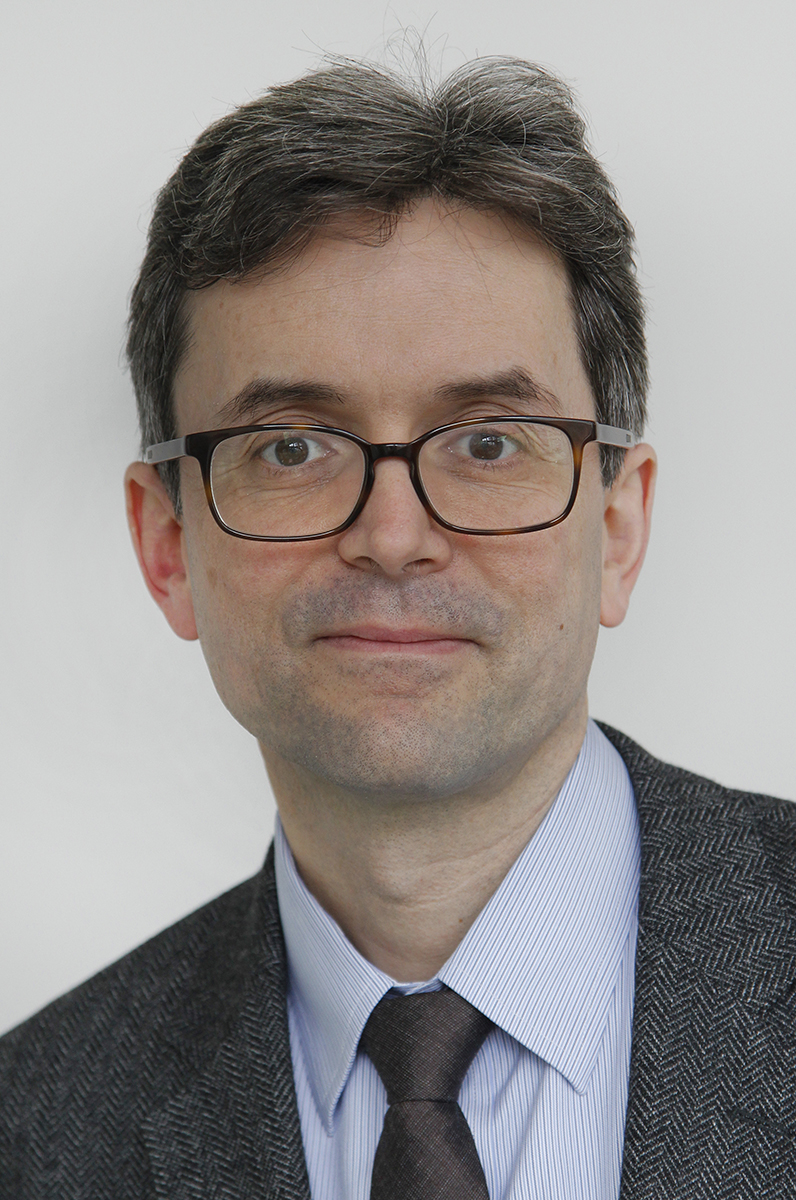Hier finden Sie detaillierte Profile der DKTK Faculty-Mitglieder mit Programmschwerpunkten und Forschungsfokus in der Forscherdatenbank. Kontakte aller DKTK Wissenschaftler:innen finden Sie im DKTK Intranet.
Forscherdatenbank

Prof. Dr. Wolfgang Weber
TUM Klinikum Rechts der Isar
Ismaninger Straße 22
81675 München
Programm
Radiation Oncology and Imaging (ROI)
Übersicht
Our research is focused on the preclinical development and clinical testing of new approaches for imaging and therapy of malignant tumors (theranostics). In the field of imaging, we are working on optical, MR, and nuclear contrast agents to study the physiology and biochemistry of tumors in preclinical models and patients. We also investigate intraoperative imaging strategies enabling minimally invasive, complete resection of small, difficult to localize tumor lesions. For cancer therapy, we are investigating small molecules and proteins labeled with alpha- and beta-emitting isotopes to treat prostate cancer and other malignancies. Funded by the state of Bavaria, DFG, BMBF, Cancer Research UK, and the European Union we are currently exploring novel multimodal imaging strategies to characterize the tumor microenvironment, track immune cells in-vivo, and develop radionuclide therapies. Working with the Departments of Chemistry and Molecular Life Sciences at TUM we strive to identify new targets for sensitive detection and targeted radionuclide therapy of cancer. Our clinical research aims to integrate advanced, multimodal imaging in the workup of cancer patients by studying diagnostic performance and impact on therapeutic decisions.